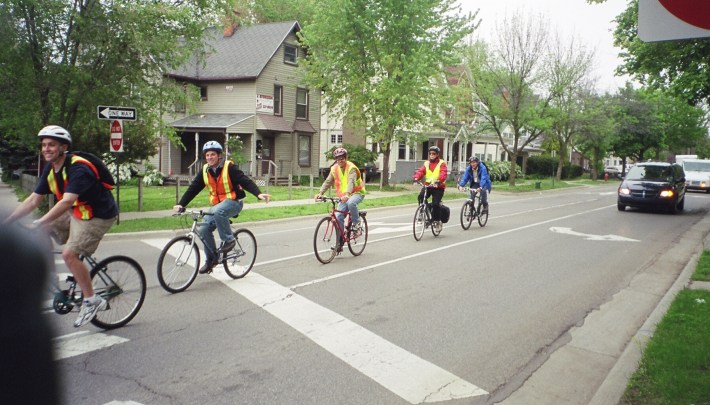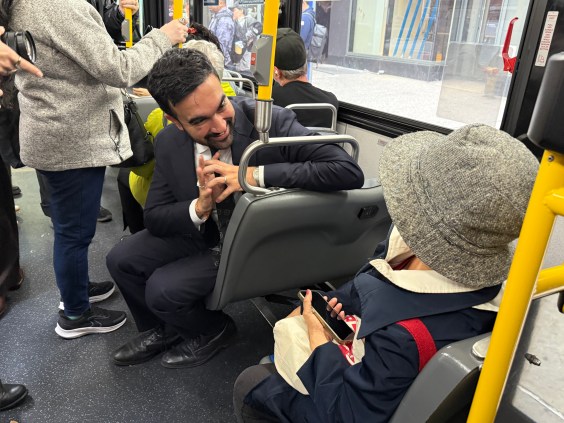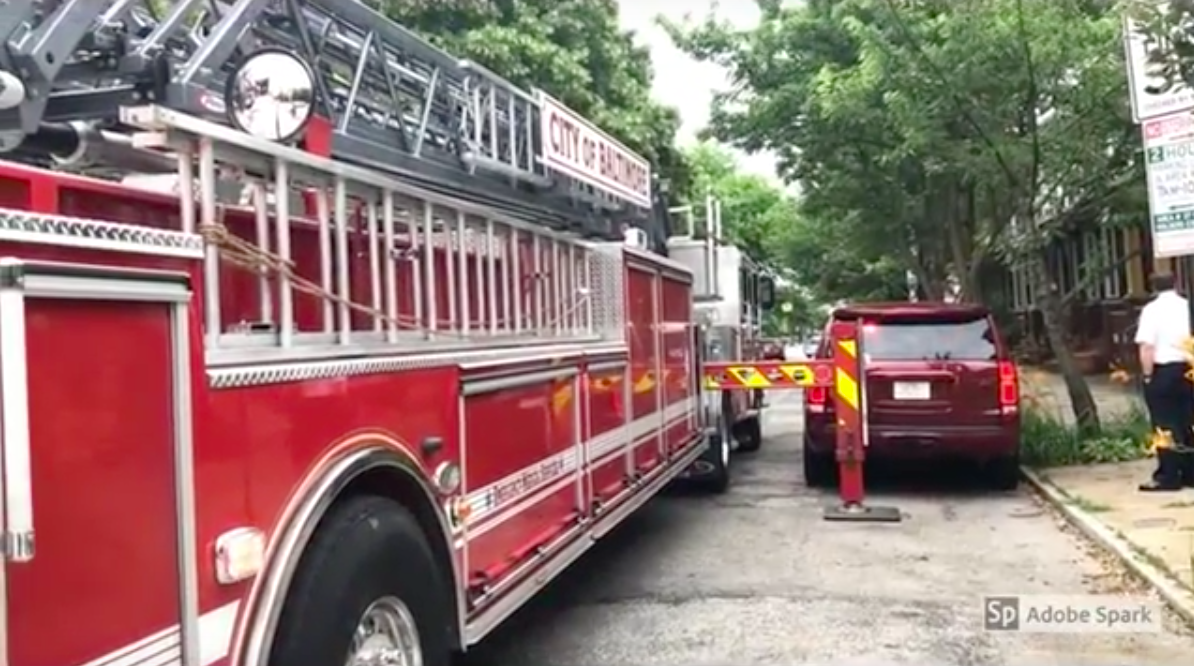Do you ever feel like traffic engineers just don't get it? That there is a hopeless disconnect between the world of sustainable transportation and the world of "level of service" and "vehicle throughput?"
Well, the Michigan Department of Transportation has a remedy for that. They call it "Training Wheels."
Since 2005, MDOT has been putting traffic engineers, planners and public officials behind the handlebars for a view from the other side of the windshield. Hundreds of transportation officials and decision makers have received training in bike planning, but perhaps more importantly, experienced the streets from a cyclist's perspective.
Demand for Training Wheels has been growing in the Wolverine State, as more and more communities see the benefits of encouraging cycling. As a result, MDOT doubled its offerings in 2008. They now offer four to eight voluntary trainings a year for local officials at field offices across the state, said Josh Debruyn, bicycle and pedestrian coordinator for MDOT.
"There's a knowledge gap between what is taught at the university level and what people are being asked to design," said DeBruyn.
Since many planners and engineers have little formal training in bicycling facilities, the program begins with two hours review of the AASHTO bikeway design guide. That is followed by a few hours of "field training." For this portion, participants don helmets and orange vests and take to the streets on two wheels.
Many participants haven't been on a bicycle in decades, DeBruyn said. But MDOT makes every effort to make them feel comfortable.
"There is some reluctance by many people to get on the bike," said DeBruyn. "The field exercise is at a very casual pace at 5-8 miles per hour."
A typical Training Wheels "field exercise" might include a trip down a four-lane, high-traffic arterial without bike treatments, as well as a three-lane road with bike lanes. Wherever they pedal, there are lessons to be learned.
"It’s very eye opening," DeBruyn said. He takes participants to roads that would be good candidates for bike facilities or shared markings. "Then they could take it to another community and apply that concept. "
When engineers and planners return to their offices, MDOT hopes the lessons they learned on a bike will give them a more holistic perspective. At least one of the program's trainees went back to his community and suggested bike lanes for a road where none were planned.
"I think a lot of communities are starting to put these on road facilities where in the past they might choose not to do that," DeBruyn said.
One example is the town of Marquette, which recently added 12 miles of paved bike trails.






